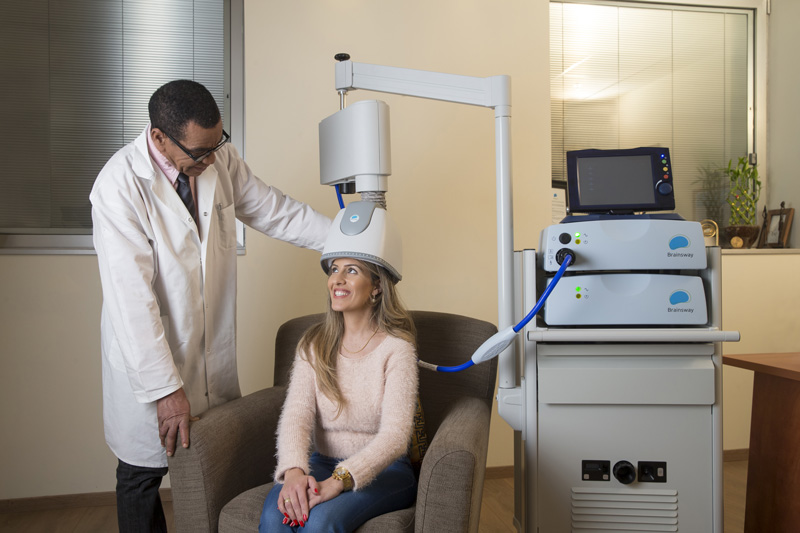Post-traumatic stress disorder (PTSD) is a debilitating condition caused by the witnessing or experiencing of a highly traumatic event, and then being unable to overcome it. While not all people who have experienced trauma necessarily develop PTSD, more than 3 million Americans do suffer from the disorder.
Triggers that elicit memories of the terrifying event can continue to keep the individual in a cycle of re-experiencing the trauma, which can impact their ability to function in life.
Combat PTSD is is a specific type of posttraumatic stress disorder (PTSD) experienced by men and women who have been in combat. Combat PTSD can happen to anyone in combat, from those that have experienced live fire to those who are support workers in a war zone area.
Not everyone in combat experiences combat PTSD, but many do.

